All Formats & Editions
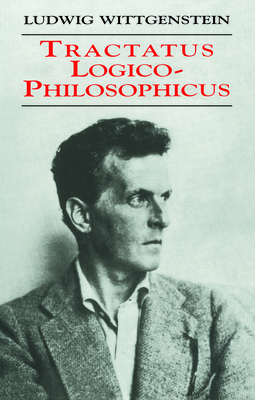
Tractatus Logico-Philosophicus
"Philosophy is not a theory," asserted Austro-British philosopher Ludwig Wittgenstein (1889-1951), "but an activity." In this 1921 opus, his only philosophical work published during his lifetime, Wittgenstein defined the object of philosophy as the logical clarification of...
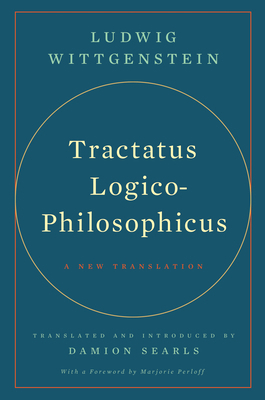
Tractatus Logico-Philosophicus: A New Translation
More than a century after its composition, Tractatus Logico-Philosophicus--Wittgenstein's first masterwork, and the only book he published during his lifetime--endures as the definitive modern text on what logic can and cannot do. Since its first English-language publication...
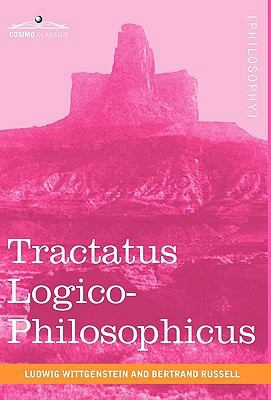
Tractatus Logico-Philosophicus
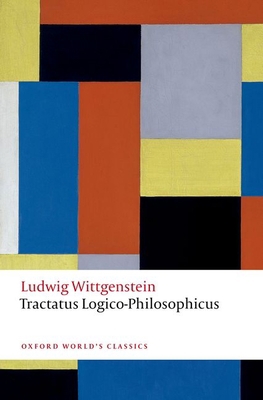
Tractatus Logico-Philosophicus
'what can be said at all can be said clearly; and of what one cannot talk, about that one must be silent' Wittgenstein's Tractatus Logico-Philosophicus, first published in German in 1921 and in English translation in 1922, is one of the most influential...
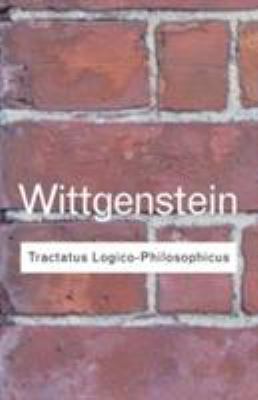
Tractatus Logico-Philosophicus
Perhaps the most important work of philosophy written in the twentieth century, Tractatus Logico-Philosophicus was the only philosophical work that Ludwig Wittgenstein published during his lifetime. Written in short, carefully numbered paragraphs of extreme brilliance, it captured...

Tractatus Logico-Philosophicus
Perhaps the most important work of philosophy written in the twentieth century, Tractatus Logico-Philosophicus was the only philosophical work that Ludwig Wittgenstein published during his lifetime. Written in short, carefully numbered paragraphs of extreme brilliance, it captured...

Tractatus Logico-Philosophicus
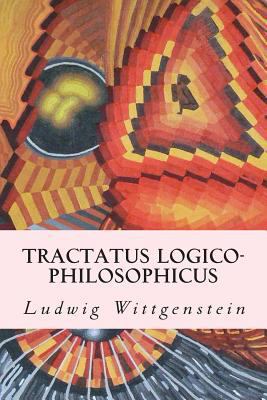
Tractatus Logico-Philosophicus
The Tractatus Logico-Philosophicus (TLP) (Latin for "Logico-Philosophical Treatise") is the only book-length philosophical work published by the Austrian philosopher Ludwig Wittgenstein in his lifetime. The project had a broad aim - to identify the relationship between language...
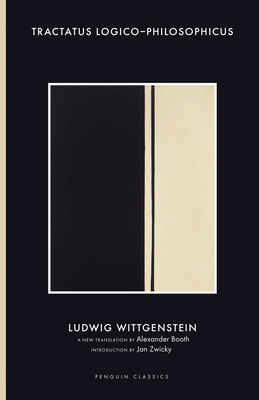
Tractatus Logico-Philosophicus
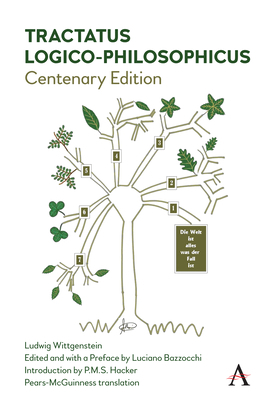
Tractatus Logico-Philosophicus: Centenary Edition
This renewed edition of the Tractatus Logico-Philosophicus, exactly a century after Wittgenstein's release, presents the text in a hierarchical manner, "which is the way in which the book was composed and in which Wittgenstein arranged (selected and supplemented) the best...
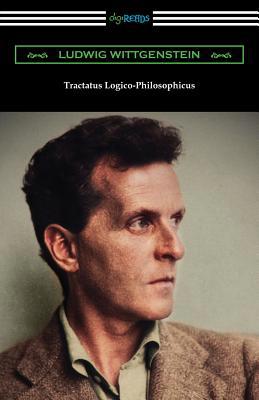
Tractatus Logico-Philosophicus
First published originally in German in 1921, "Tractatus Logico-Philosophicus" is the only book-length philosophical work by Austrian philosopher Ludwig Wittgenstein published during his lifetime. Based upon notes made during his time serving in World War I, the treatise is...
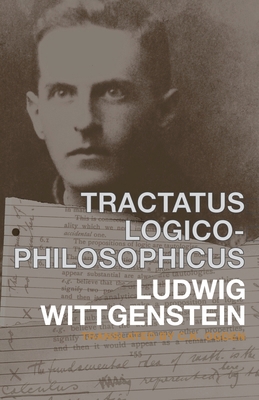
Tractatus Logico-Philosophicus: German and English
The only work he published during his lifetime. Written in short, carefully numbered paragagraphs of extreme compression and brilliance, it immediately convinced most of its readers and captured the imagination of all.
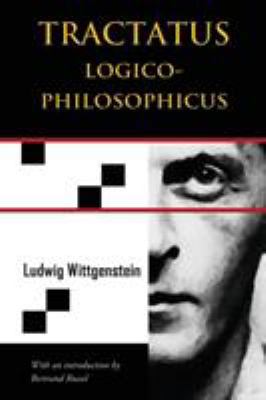
Tractatus Logico-Philosophicus (Chiron Academic...

Tractatus Logico-Philosophicus
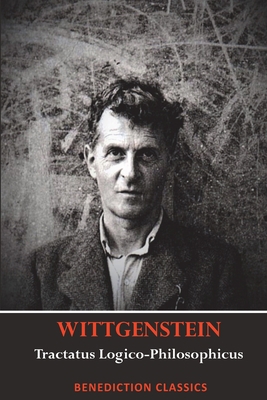
Tractatus Logico-Philosophicus
"A work of extraordinary difficulty and importance .... one which no serious philosopher can afford to neglect." -- Bertrand Russell. Ludwig Wittgenstein's influential Tractatus Logico-Philosophicus explores the assumption that it is philosophy's...
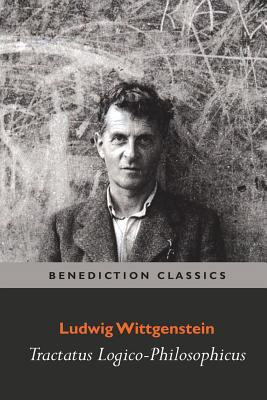
Tractatus Logico-Philosophicus
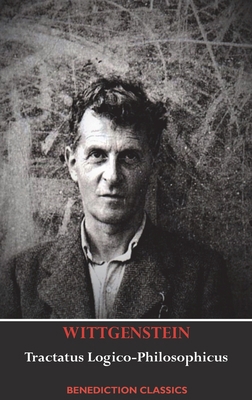
Tractatus Logico-Philosophicus
"A work of extraordinary difficulty and importance .... one which no serious philosopher can afford to neglect." -- Bertrand Russell. Ludwig Wittgenstein's influential Tractatus Logico-Philosophicus explores the assumption that it is philosophy's...
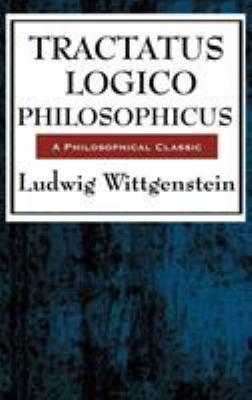
Tractatus Logico Philosophicus
Tractatus Logico-Philosophicus may be the most important book of philosophy written during the twentieth century. Wittgenstein's writing style is clear, succinct, and accessible. Bertrand Russell claimed that "I cannot see any point on which it is wrong. But to have constructed...
![Tractatus Logico-Philosophicus / Logisch-Philos... [German] 3518100122 Book Cover](https://m.media-amazon.com/images/I/31DacENe8FS._SL500_.jpg)
Tractatus Logico-Philosophicus / Logisch-Philos... [German]
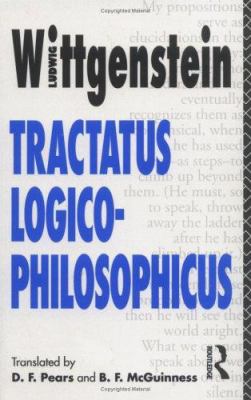
Tractatus Logico-Philosophicus: Translated by D...
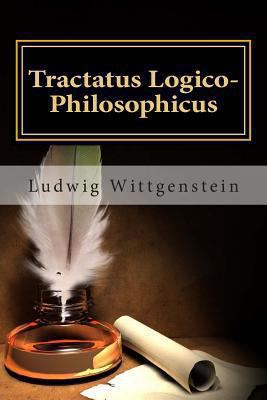
Tractatus Logico-Philosophicus

Tractatus Logico-Philosophicus (Chiron Academic...
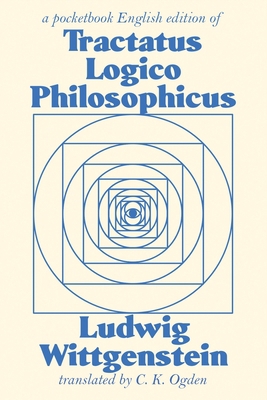
Tractatus Logico-Philosophicus
Tractatus Logico-Philosophicus was first published in German in 1921, then translated and published into English in 1922 by C. K. Ogden, with help from F. P. Ramsey, and supervised by Wittgenstein. Tractatus revolves around seven basic propositions and begins to branch off...
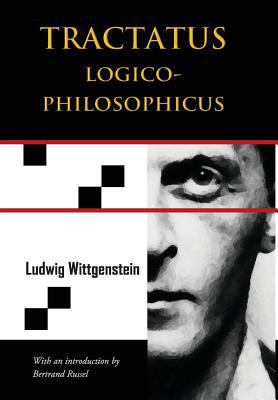
Tractatus Logico-Philosophicus (Chiron Academic...
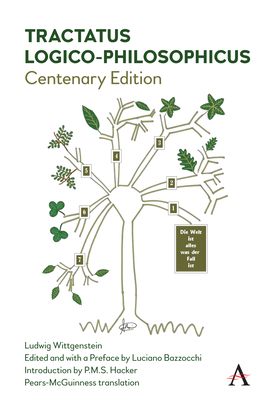
Tractatus Logico-Philosophicus: Centenary Edition
Bazzocchi disposes the text of the Tractatus in a user-friendly manner, exactly as Wittgenstein's decimals advise. This discloses the logical form of the book by distinct reading units, linked into a fashioned hierarchical tree. The text becomes much clearer and every reader...



